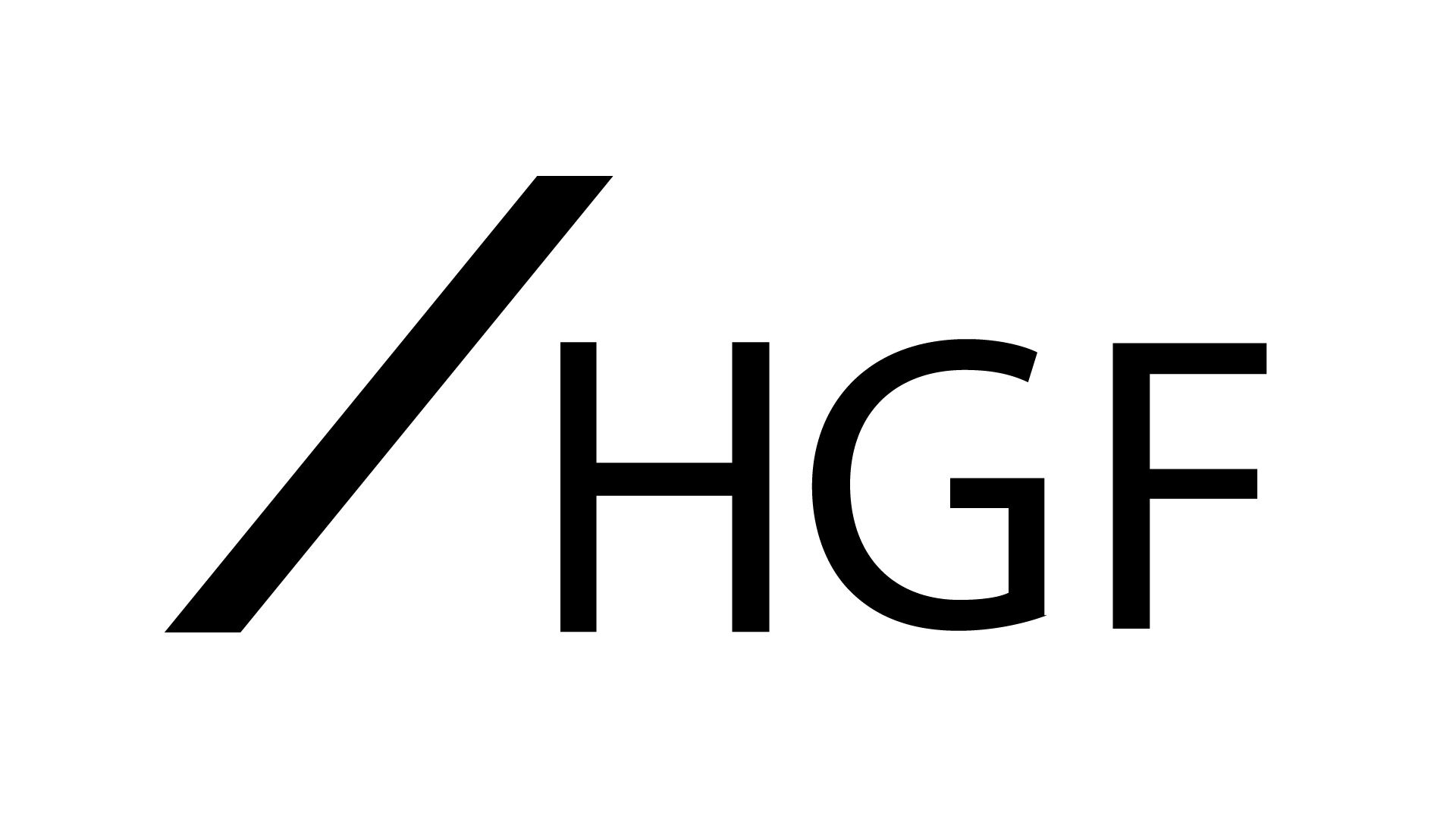News
EU Draft legislation on SPCs released
May 2023
On 27 April 2023 the EU published 4 draft proposals regarding SPCs. Two of these proposals are completely new and propose the creation of Unitary SPCs:
- COM(2023)222 for medicinal product Unitary SPCs; and
- COM(2023)221 for plant protection product Unitary SPCs.
The remaining two proposals are recasts of existing EU regulations and introduce a centralised procedure for granting national SPCs:
- COM(2023)231 for medicinal products; and
- COM(2023)223 for plant protection products
Unitary SPC Proposals (COM(2023)222 and COM(2023)221)
The rules regarding the Unitary patent do not contain any provisions on SPCs. Currently, if an SPC is required with the same coverage as the Unitary patent, the applicant must apply to each individual IP office on a national basis, to match the same territory as the UP as granted. The new proposal aims to create a Unitary SPC where the applicant can obtain a single SPC by applying once at a central office saving both time and money. In order to qualify for a Unitary SPC, the basic granted patent must be a Unitary patent and if a medicinal product Unitary SPC is sought then the marketing authorisation must be issued by the European Medicines Agency (EMA). The Unitary SPC would only cover the UPC participating states signed up to the agreement at the time the SPC application is filed. The number of UPC participating states presently stands at 17 countries.
Recast Centralised SPC Proposals for National SPCs (COM(2023)231 and COM(2023)223)
There is currently no central office for SPC examination leading to inconsistencies between national examinations. Applications must be made individually at national offices which can be both time consuming and expensive. In addition there is no central database for SPCs meaning third parties must search each national office databases to determine where SPCs are in force. The new proposal aims to create a central office for examination of SPCs available to all EU member states including those not participating in the UPC. Once the SPC has passed examination it can then be validated in individual EU countries of interest (much like the EPO centrally examines European patents and gives rise to a bundle of national patents which need validating in each country).
Further details of the proposals
- The central office for examination will based in Alicante, Spain – the headquarters of the EUIPO
- European patents or Unitary Patents must form the basis of the SPC application for centralised examination. In an attempt to improve consistency between SPCs, it is proposed that a national patent office should reject an application for an SPC based on a national patent where the requirements to use the centralised procedure are met. The proposed regulation also includes provisions to prevent double protection by a national application and a centralised application
- It is possible to file a combined application consisting of a Unitary SPC application covering the 17 member states currently part of the UPC, and a centralised application to cover remaining EU states not included in the UPC
- The SPC application can be filed in any official language of the EU, which will significantly reduce the filing costs
- A centralised electronic register of SPCs will be maintained by the EUIPO
- Examination will be carried out by one member of the EUIPO and two members from national offices with experience in the field of the SPC application
- Third parties may submit observations throughout examination and make an official opposition at the EUIPO to a grant of an SPC within two months of publication of a positive exam report
- Decisions will be appealable to the Boards of Appeal of the EUIPO through to the General Court and right the way up to the Court of Justice if admitted
Next steps
The next step is for the proposals to be examined by the Council and European Parliament which is likely to take two years at least.
This article was written by Partner & European and UK Patent Attorney Mike Nelson.





























